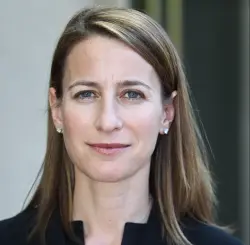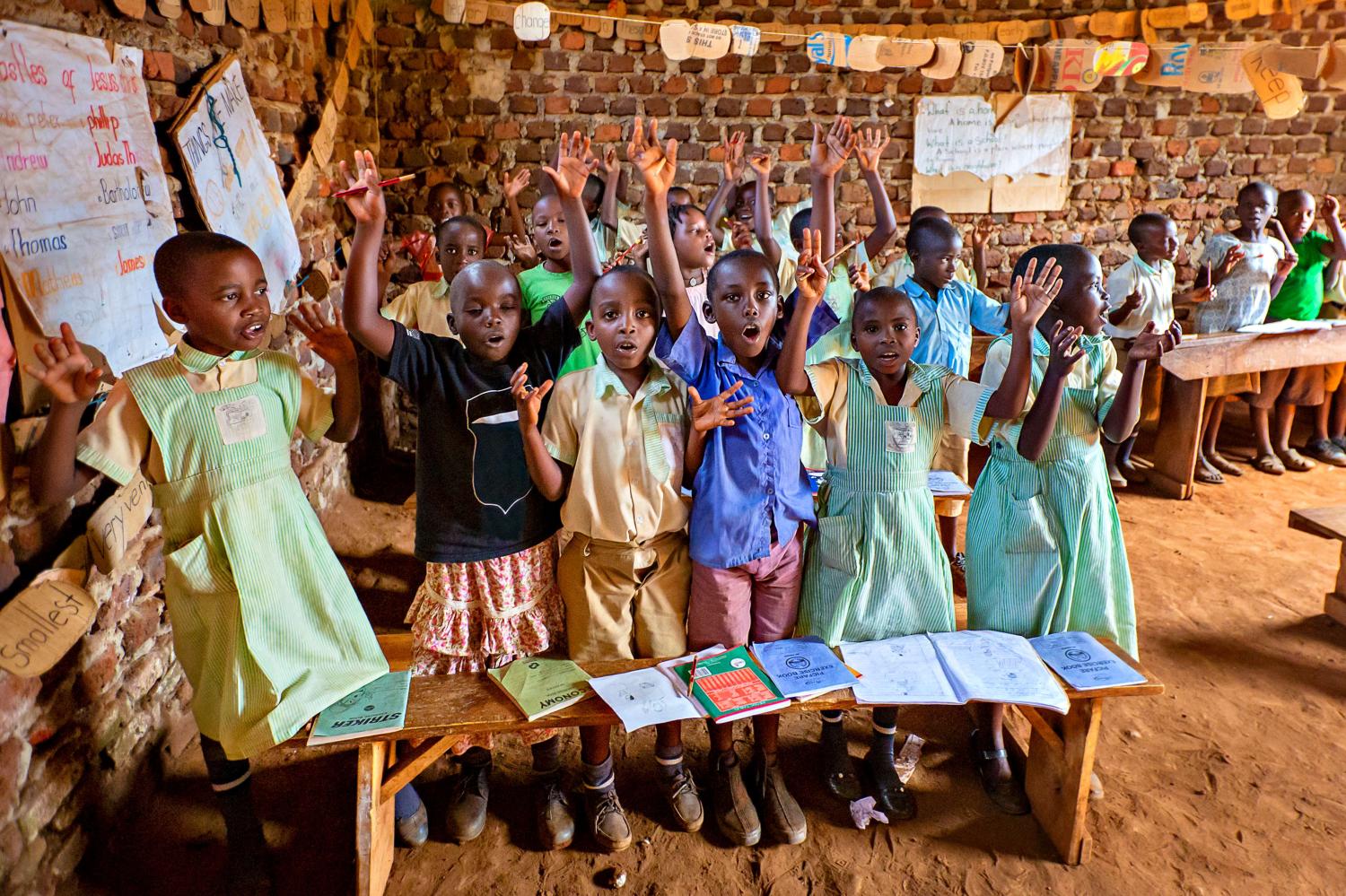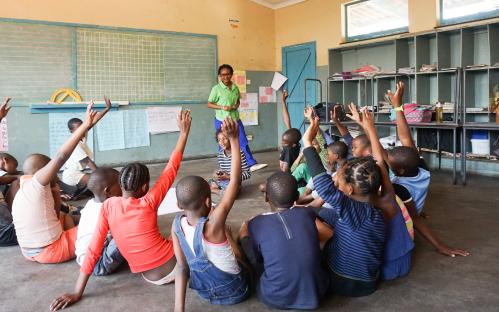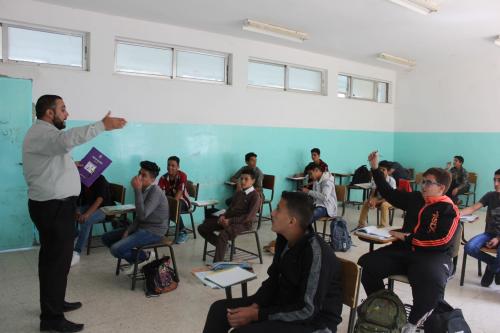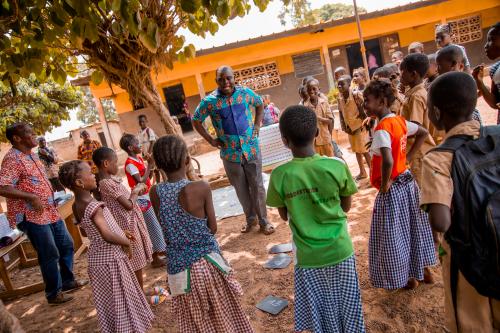Transforming education systems is a complex process that requires understanding the strengths and weaknesses of the educational ecosystem and exploring new approaches, ideas, and initiatives to improve quality learning opportunities for children and youth. However, research shows it is not enough to simply identify effective education initiatives and expand them to more people. It takes a combination of technical expertise, understanding of local contexts, political strategy, collaborative partnership, flexible adaptation, and shared vision to scale and sustain the impact of education initiatives. Scaling cannot occur through one actor alone; it requires concerted and collaborative action by multiple actors at all levels of the education system.
Too often, the work of scaling is not captured by typical monitoring and evaluation or research studies and lessons learned are not systematically documented. In response, in 2018 the Center for Universal Education (CUE) at Brookings launched a series of Real-time Scaling Labs (RTSLs) to generate more evidence and provide practical recommendations on how
to expand, deepen, and sustain the impact of education initiatives leading to transformative change in education systems, especially for the most disadvantaged children and youth.
Scaling represents a range of approaches—from deliberate replication to organic diffusion to integration into national systems—that expand and deepen impact leading to lasting improvements in people’s lives.
The purpose of this report is to look across all six of the RTSL cases to analyze common themes, insights, and lessons learned about the process of scaling as well as interesting divergences, and to offer considerations for others looking to learn from or build on this work. This report is intended for governments, education implementers, donors, and researchers who are interested in collaborative approaches to scaling impact in education.
Section 1 examines key scaling lessons that emerged across all of the RTSL cases and- analyzes scaling drivers (key levers, forces, or factors critical to making progress toward the scaling goal) at three different units of analysis to explore the way scaling happens at the system, institution, and individual levels. The second section analyzes how the RTSL model worked in practice, its strengths and challenges, and how it contributed to scaling. The report concludes with a set of core recommendations for governments, implementing organizations, donors, and researchers developed in consultation with the RTSL learning community. These recommendations are not intended to be exhaustive but to be concrete, actionable, and realistic. More detailed versions of these recommendations can be found in separate briefs tailored to specific stakeholder groups.
Unless otherwise cited, data throughout this report comes from firsthand documentation and analysis collected by RTSL scaling lab researchers and partners between 2018-2023. See Annex I for a full explanation of the RTSL methodology. More details on the RTSL approach and the paper’s methodology can be found in Annex I and II. A synthesis of the findings and recommendations can also be found in accompanying short briefs targeted to specific actors.
Download the full report»
Download tailored policy brief recommendations for researchers, donor organizations, education implementers, and government policymakers»
The Brookings Institution is committed to quality, independence, and impact.
We are supported by a diverse array of funders. In line with our values and policies, each Brookings publication represents the sole views of its author(s).


